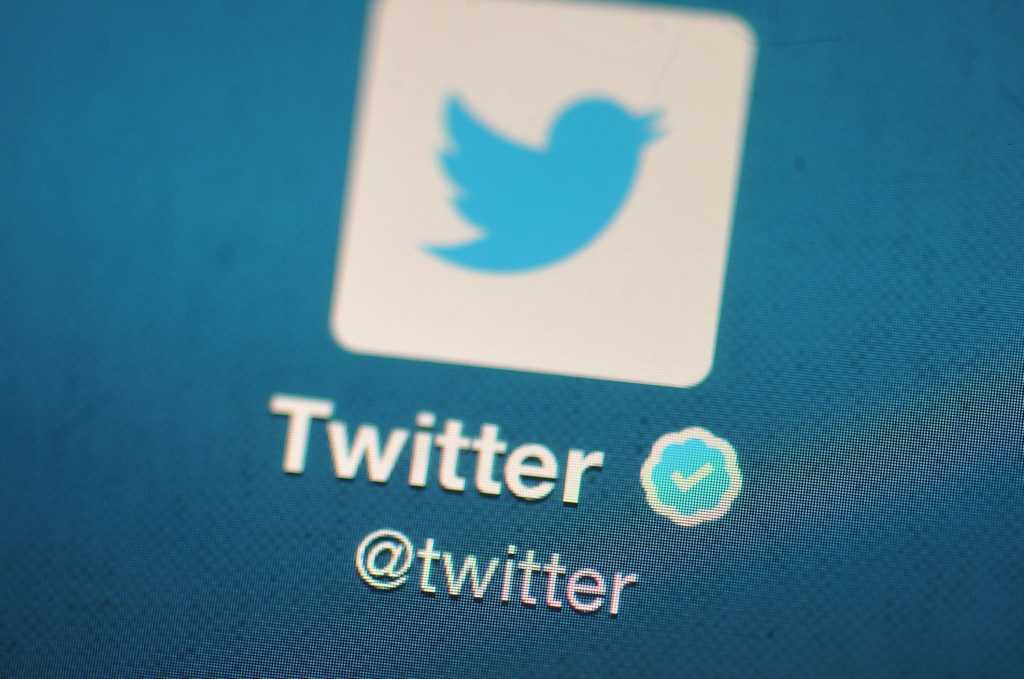Over the last few months, Twitter has been flagging certain tweets by President Donald Trump, arguing he is “glorifying violence.” Genocidal missives written by the Iranian leader, though, have gone uncensored.
Ayatollah Ali Khamenei has used his Twitter account to call for the arming of Palestinians and the destruction of Israel. In May, Israeli Strategic Affairs Minister Orit Farkash-Hacohen sent a letter to the social media company’s CEO, Jack Dorsey, calling for the “immediate suspension” of Khamenei’s account “over his consistent posting of anti-Semitic and genocidal posts.”
“Examples of such include Khamenei calling for the ‘elimination’ of the ‘Zionist entity’ while asserting the ‘Zionist regime is a deadly, cancerous growth,’ which must ‘be uprooted and destroyed,’” her letter stated.
Khamenei has repeatedly called for “eliminating Israel.” Secretary of State Mike Pompeo has said the Iranian leader is “echoing Hitler’s call for genocide.”
Even amid all these criticisms, Twitter is sticking to its decision to censor Trump’s tweets and leave Khamenei’s posts un-flagged.
During a Knesset hearing this week on anti-Semitism, human rights lawyer Arsen Ostrovsky asked a Twitter representative, “You have recently started flagging the tweets of President Trump; why have you not flagged the tweets of Iran’s Ayatollah Khamenei, who has literally called for genocide of Israel and the Jewish people?”
“So we have an approach to world leaders that presently says direct interactions with fellow public figures, comments on political issues of the day or foreign policy saber-rattling on military, economic issues are generally not in violation of our Twitter rules,” the Twitter spokesperson said.
In response, Israeli politician Michal Cotler-Wunsh interjected, “So calling for genocide is OK but commenting on politics is not, just so we understand? I just want to fine-tune the question. Calling for genocide on Twitter is OK, but commenting on political situations in certain countries is not OK?”
The Twitter spokesperson rehashed the company’s policy, defending the decision to put one of Trump’s tweets behind a notice saying his words — “When the looting starts, the shooting starts” — “violated the Twitter rules about glorifying violence.”
She said his words “could possibly inspire harm.”
“I think what’s come up again and again through different examples is actually a sense of double standards,” responded Cotler-Wunsh. “I would implore Twitter and other online platforms to ensure — and I think that’s your responsibility and that you have to be held to account for that — that there is no double standard.”



